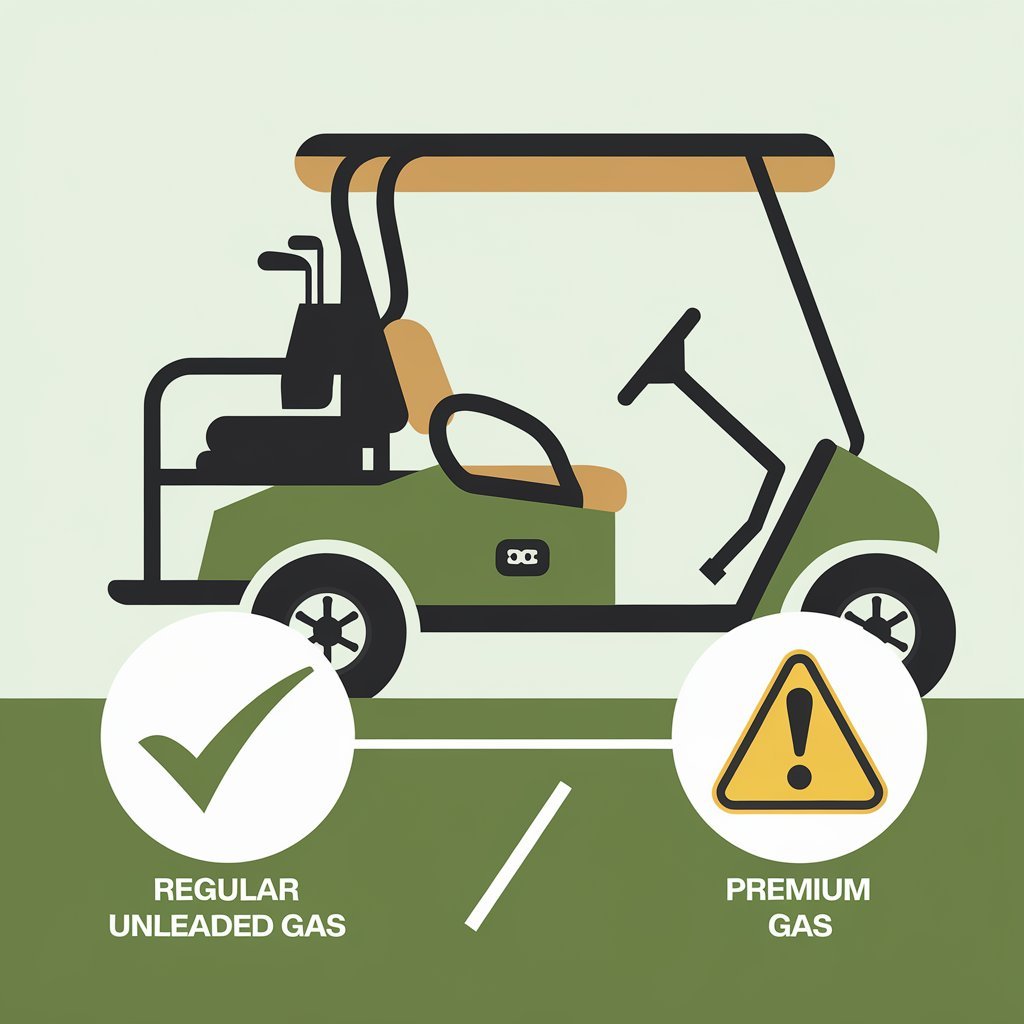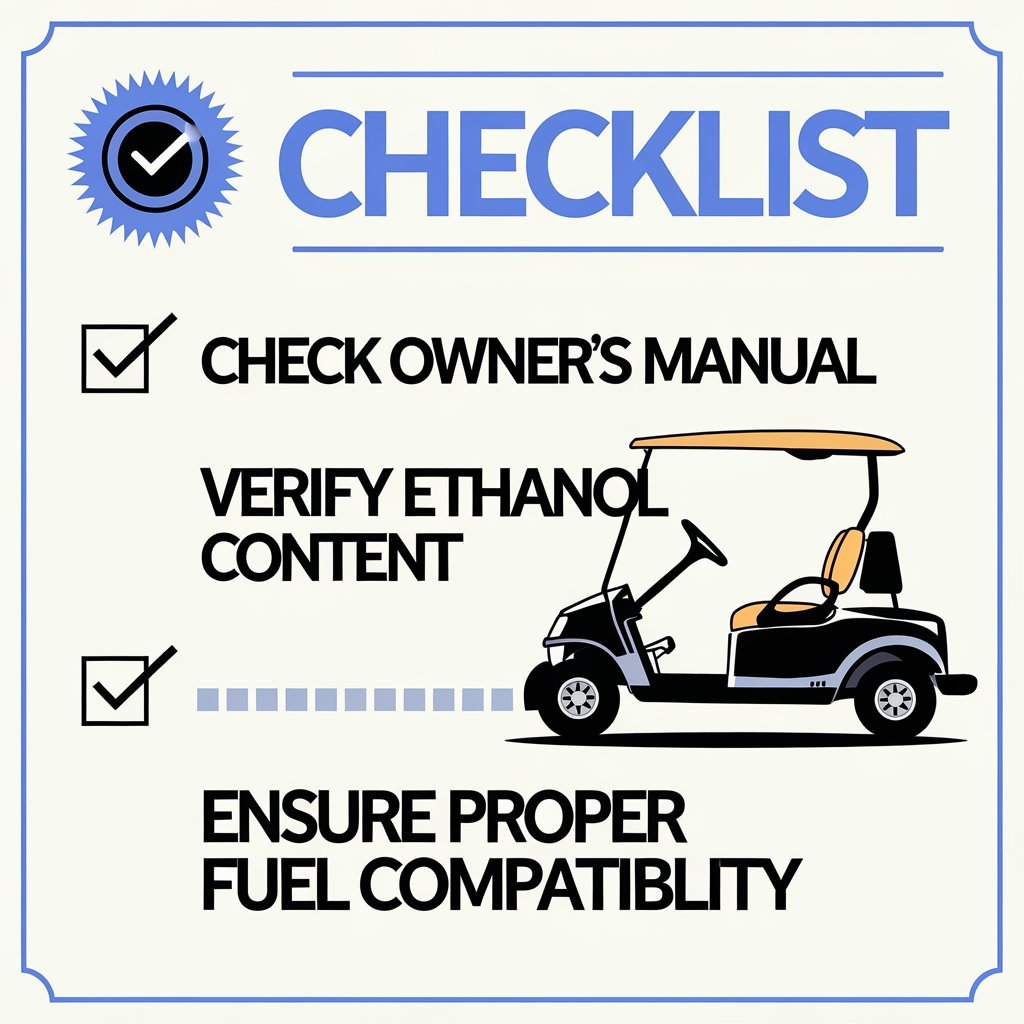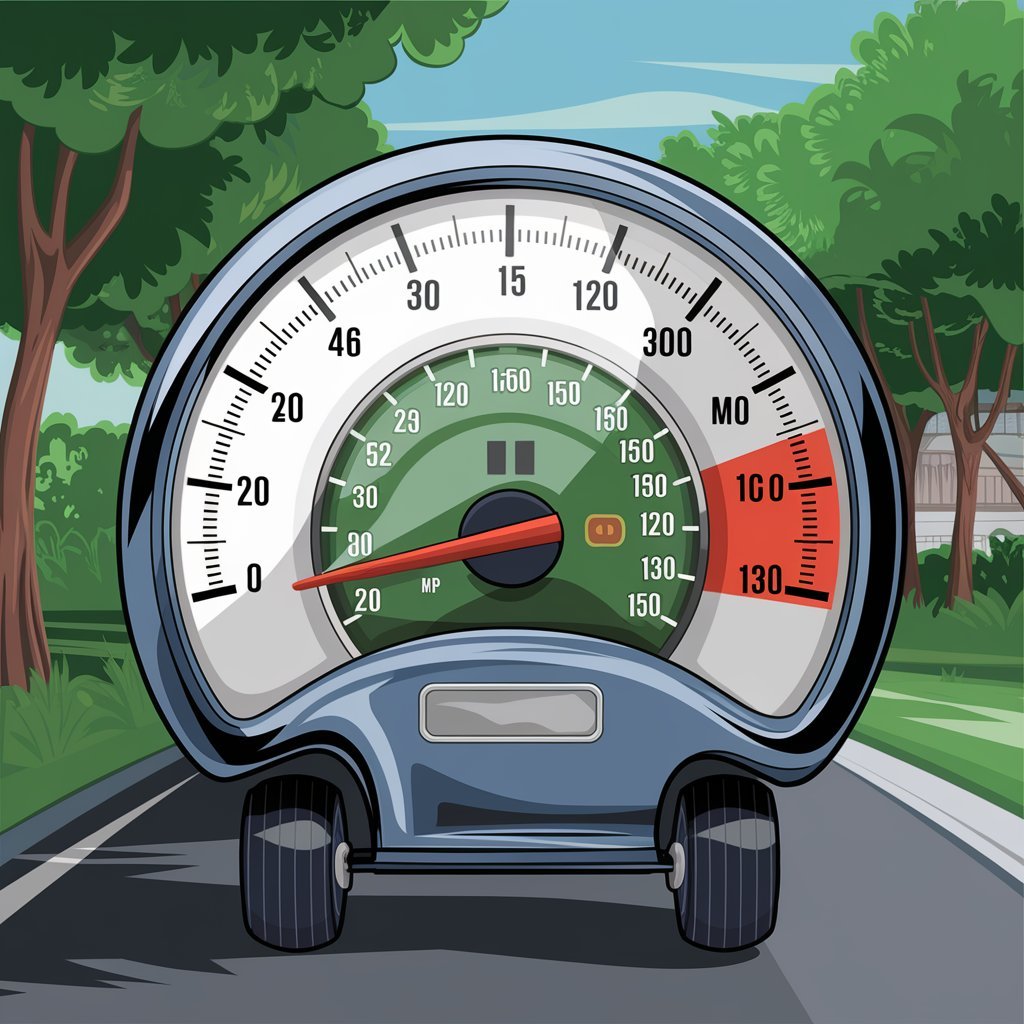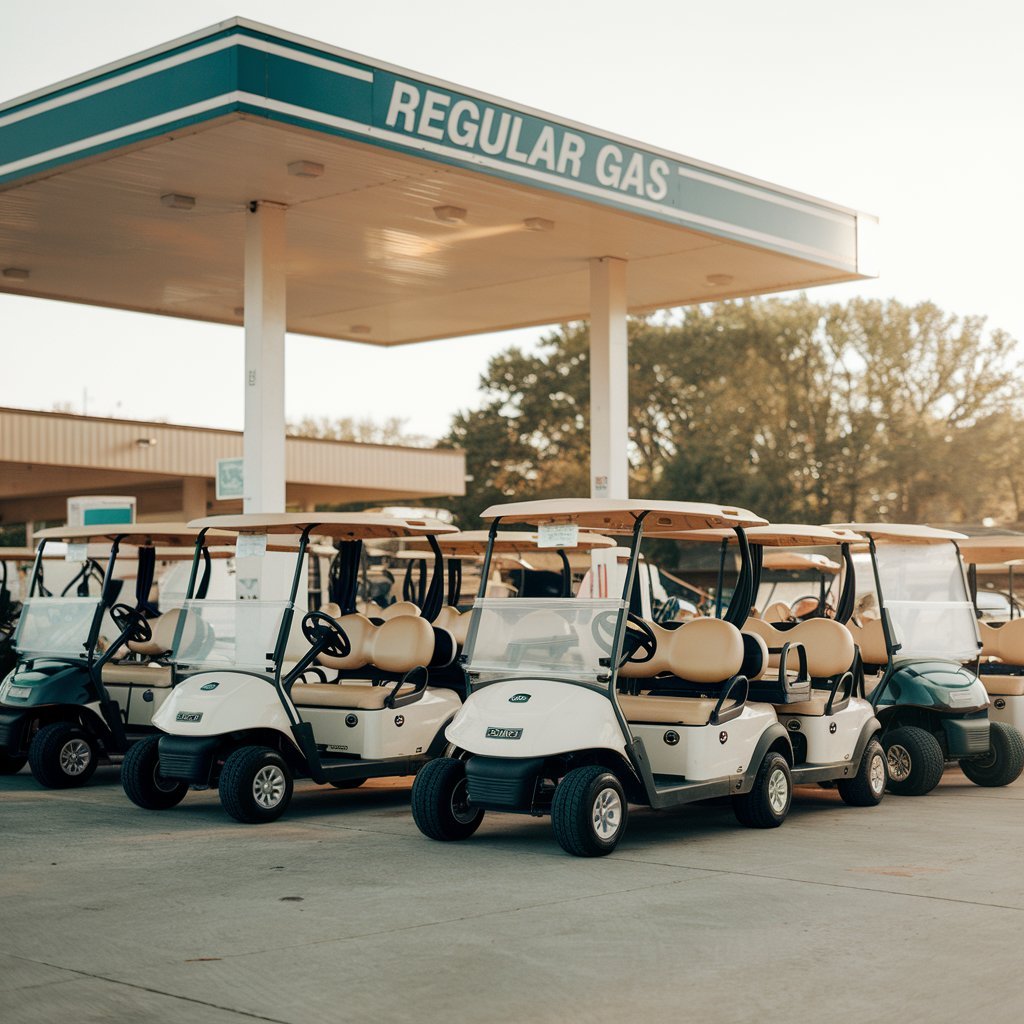Do Golf Carts Take Regular Gas?
Golf carts are a versatile mode of transportation, especially on the golf course. But when it comes to fueling these little workhorses, there’s often confusion. Gas compatibility for golf carts is a common concern, as people wonder if they can use regular fuel for golf carts or if they need something special. The good news? Many golf carts, especially the gas powered ones, run on standard gasoline. This makes fueling easy and convenient, much like other gasoline powered vehicles.
Overview of Gas Powered Golf Carts and Their Fuel Compatibility
Let’s dive into the specifics of gasoline-driven golf carts. These carts come equipped with a fuel system in golf carts that’s quite similar to what you’d find in a small car. With combustion engine golf carts, the gas tank specifications allow for easy refueling using standard gas stations. The key is understanding the fueling requirements, which we’ll explore further.
Before discussing fuel types, it’s essential to know how long it typically takes to charge or refuel a golf cart. You can find more details on how long it takes to charge a golf cart in our dedicated guide.
Do They Take Regular Gas?

The simple answer? Yes! Most gas-powered golf carts are designed to run on regular unleaded gas. The golf cart fuel system doesn’t demand anything exotic. While there’s always a debate over regular vs. premium gasoline, it’s worth noting that carts typically don’t require the higher octane levels for golf carts found in premium fuel. So, as long as you’re using compatibility with standard gas, you’re good to go!
What Are Gas Powered Golf Carts?
In case you’re new to this, gasoline-operated carts are simply golf carts powered by an internal combustion engine. Unlike their electric counterparts, they rely on fuel for their propulsion methods in golf carts. One of the standout advantages of gas-powered vehicles is their ability to run longer without needing a recharge.
Brief Introduction to How Gas-Powered Golf Carts Operate
The operation is straightforward. The gasoline engine functionality is similar to that of small cars. A powertrain in gas golf carts converts fuel into motion, thanks to an efficient engine ignition system. This ensures smooth, fuel-driven mobility.
Types of Engines (4-Stroke vs. 2-Stroke)

Golf carts generally use two types of engines:
- Two-stroke engine mechanics are simpler, requiring a mix of fuel and oil.
- Four-stroke engine efficiency offers better performance and doesn’t need mixed gas.
Each engine type has unique engine lubrication systems and compression cycle differences, making it crucial to understand what’s under your cart’s hood.
Can You Put Regular Gas in a Golf Cart?
Absolutely! Thanks to their compatibility with standard unleaded fuel, most golf carts are happy running on regular gasoline properties. Not only does this make life easier, but it also enhances fuel efficiency with regular gas.
It’s also important to consider the overall maintenance of your golf cart, such as when to change the oil. For more tips, check out our Golf Cart Oil Change Guide to keep your engine running smoothly.
Differences Between Regular Gas and Other Fuel Types
Here’s a quick breakdown:
- Premium vs. regular gasoline: Regular gas is cheaper and sufficient for golf carts.
- Ethanol content in gas: Watch out for high ethanol levels as they can damage some engines.
- Additives in gasoline types: Regular gas usually has fewer additives.
- Low-octane vs. high-octane fuel: Low-octane is perfectly fine for most carts.
What to Check Before Using Regular Gas

Before filling up, consult the owner’s manual fuel guidelines to ensure you’re using the manufacturer recommended fuel. Perform fuel system compatibility checks to avoid any hiccups. Using the wrong fuel might lead to engine troubles, so the importance of proper gasoline selection cannot be overstated.
What Kind of Gas Do Golf Carts Need?
Typically, they require recommended fuel types, like regular unleaded vs. ethanol-free gas. Keep in mind that high ethanol content can affect the gasoline grade requirements, leading to engine wear and tear. Impact of low-quality fuel can be severe, so choose wisely.
Importance of Octane Ratings for Engine Performance
- High-octane fuel benefits: Rarely needed for carts, but can prevent knocking.
- Preventing engine knocking: Regular gas usually suffices.
- Role of octane in fuel combustion: Vital for smooth operation.
- Octane sensitivity in small engines: Always stick to the recommended octane level.
Comparing Gasoline Options for Golf Carts
While benefits of ethanol-free gas include better engine health, cost-effectiveness of regular gas makes it a practical choice. Consider fuel longevity and additives for optimal performance, but remember that premium gas for performance isn’t necessary for most golf carts.
Do Electric Golf Carts Need Gas?
Not at all! Electric cart energy sources rely on batteries, making them battery-powered golf carts. These gasoline-free vehicles are eco-friendly, but they require charging vs. refueling to stay operational.
How Do You Fill a Golf Cart with Gas?
Refueling is simple:
- Locate the gas tank refueling process.
- Follow fueling steps for safety.
- Ensure proper gas storage to avoid spills.
- Use correct refilling techniques for a hassle-free experience.
Best Practices for Refueling
To keep your cart in top shape, always:
- Avoid fuel spills.
- Handle gas with care using correct handling of gasoline.
- Prioritize fueling safety precautions.
- Keep the gas tank maintenance tips in mind.
Proper fuel practices are part of overall golf cart maintenance. If you’re wondering how long your golf cart will last and what you can do to ensure its longevity, visit our Golf Carts Guide for comprehensive information.
How Fast Does a Normal Gas Golf Cart Go?

The average cart reaches speeds of 12-15 mph, depending on factors like average speed limits, gas engine performance, and golf cart acceleration. Speedometer readings can vary based on usage.
Factors That Affect Speed
Several things influence speed:
- Terrain and weight impact.
- Engine size and type.
- Tire pressure and condition.
- Weather influence on speed.
Should I Use Ethanol-Free Gas in My Golf Cart?
It’s a good idea! Ethanol-free fuel properties ensure longer engine life. Engine benefits of ethanol-free gas include fewer deposits and smoother performance. However, be cautious about the effects of ethanol on small engines.
How to Find Ethanol-Free Gas
- Use maps to locate ethanol-free fuel stations.
- Check online fuel station maps.
- Pay attention to fuel labeling at gas stations.
Do Golf Carts Take Mixed Gas?
Only if they’re equipped with 2-stroke engines! Mixed gas for 2-stroke engines involves specific oil-gas ratios for mixed fuel. However, most carts today run on regular gas.
Mixed Gas for 2-Stroke vs. 4-Stroke Engines
- Fuel mix requirements: Critical for 2-stroke engines.
- Risks of incorrect gas mixtures: Can damage the engine.
- Differences in lubrication needs: 4-strokes don’t require mixing.
Final Thoughts: Choosing the Right Gas for Your Golf Cart

When it comes to fueling your gas-powered golf cart, regular unleaded gasoline is the go-to choice for most models. It’s convenient, cost-effective, and widely available. However, always consult your owner’s manual for specific recommendations, especially regarding ethanol content and octane ratings.
Summary of Key Points About Gas Types and Usage
- Most golf carts operate efficiently on regular unleaded gas.
- Avoid fuels with high ethanol content to prevent engine damage.
- Premium gasoline isn’t typically required, making regular gas more practical.
Tips for Keeping Your Gas-Powered Golf Cart in Optimal Condition
- Use high-quality fuel and ensure proper storage.
- Regularly check and maintain your fuel system.
- Avoid overfilling the tank to prevent spills and leaks.
- Follow manufacturer guidelines for routine engine care and inspections.
To maximize your golf cart’s lifespan, it’s essential to take care of all its components, including the engine and brakes. Understanding how long do golf carts last is crucial for planning long-term care.



